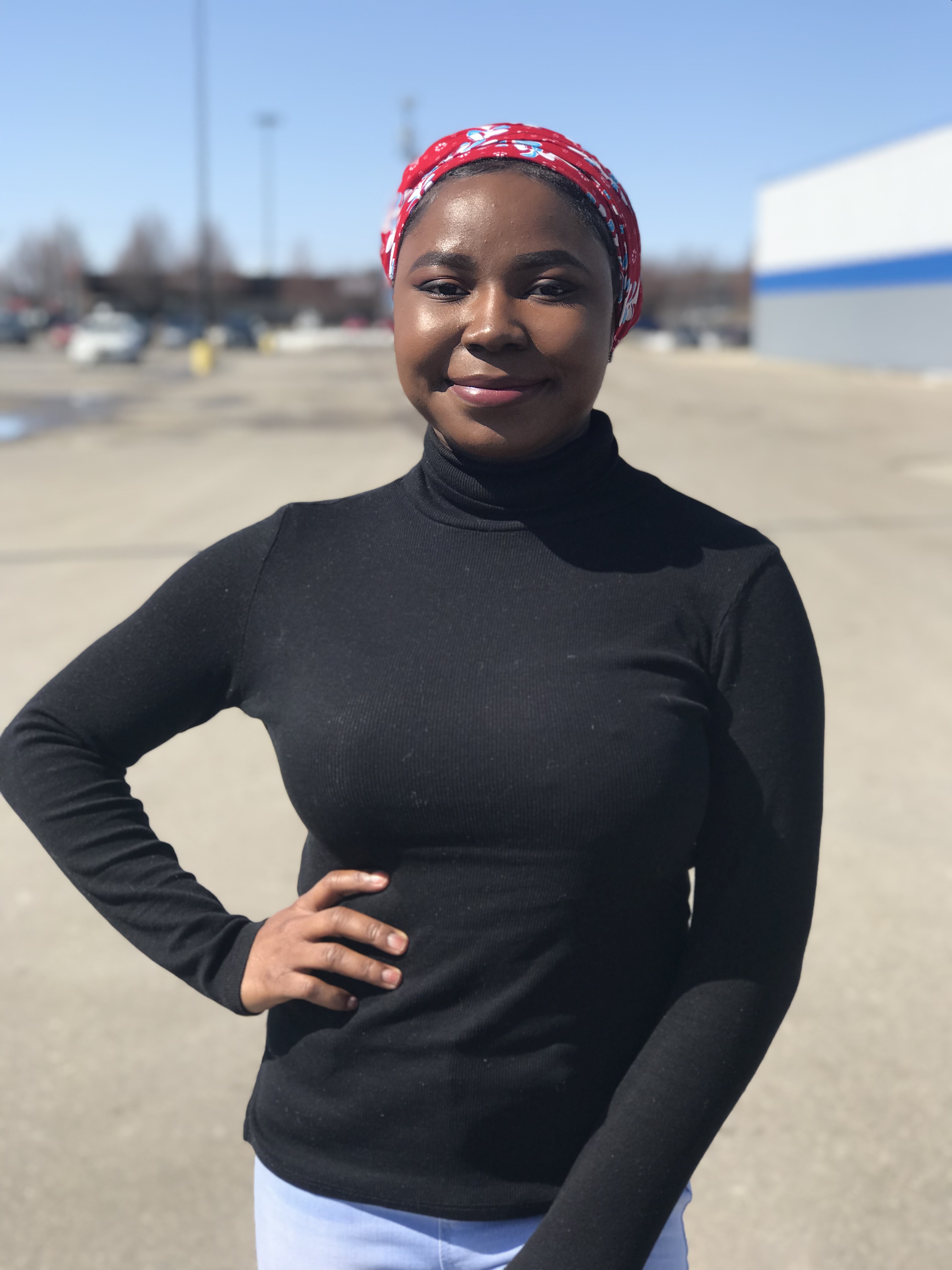Features
Ehi Agbashi: Let’s Learn to Forgive Our African Parents
What I gained from these stories was that parents are definitely not perfect, they are humans just like us, and they experience failures and have their shortcomings. Sometimes, things might not go the way we want with them, but like someone stated, this might be due to their own life experiences, which they never confronted.
Most times, they are parenting us the way they think is best, and in some unfortunate cases this might be extreme, and end up causing more harm than good.
 There was a time I logged into social media each day to see random people talking about their parents, most of them negative experiences. People shared how their childhood was affected by how strict their parents were. Others spoke about the fact that they didn’t have great relationships with their parents. All the conversations were interesting, due to the fact that most of them said they didn’t know how to confront their parents in real life. In these stories, you could feel their hurt and anger. These stories took different forms, but they all had one problem in common: their parents.
There was a time I logged into social media each day to see random people talking about their parents, most of them negative experiences. People shared how their childhood was affected by how strict their parents were. Others spoke about the fact that they didn’t have great relationships with their parents. All the conversations were interesting, due to the fact that most of them said they didn’t know how to confront their parents in real life. In these stories, you could feel their hurt and anger. These stories took different forms, but they all had one problem in common: their parents.
I also came across stories of people whose parents had survived traumatic events, such as wars. Some of the stories spoke about how their parents didn’t show emotions, due to the trauma they experienced as kids. What I gained from these stories was that parents are definitely not perfect, they are humans just like us, and they experience failures and have their shortcomings. Sometimes, things might not go the way we want with them, but like someone stated, this might be due to their own life experiences, which they never confronted.
Most times, they are parenting us the way they think is best, and in some unfortunate cases this might be extreme, and end up causing more harm than good.
June 16th, Father’s Day, I woke up to stories people told about their dads. These stories were mostly beautiful and touching. From fathers who were there all the time, to those who made sure they provided for their kids to the best of their abilities, and those who made sacrifices of all sorts – once again, these stories showed us that even if there are parents who might have failed their kids in one way or another, there are many more who are making strides and changes to ensure their families are happy. These happy stories might have been moments that happened once in a blue moon. However, the people who shared it held these memories dearly.
A friend reached out to me two weeks ago and wanted us to talk about how parents also have their flaws, and as such we shouldn’t be harsh on them. I completely agreed with her, because as I keep growing I keep learning, and one of the biggest things I have learnt is that even if we consider our parents superheroes, sometimes they just can’t save the day.
We need to learn that it’s okay for our parents to fall short, because even if they don’t tell you, most of them are still learning. Someone said, and I will try to be accurate with this quote to the best of my ability: “African parents are hard on you and suddenly when they clock fifty they want to be friends.” Some people spoke on how they can never be friends because their parents used to be strict in the past, and I will echo it: Most parents are still learning, and some of them might learn the right way when they clock fifty.
It is okay to accept them back and mend that relationship, if you can. Because, as they say, better late than never.
Now, there are those who grew up in abusive homes, and my best advice to you will be to do what gives you peace. Sometimes confronting your parents about the past can better your relationship with them, and sometimes you moving away from them might be best for you. It is not a black and white situation; there’s a lot of grey areas in between. However, remember that if you hope to become a parent one day, think of the kind of relationship you hope to have with them. A friend said: “I’m scared that our generation, while trying to downplay our parents’ parenting skills, might end up being worse parents.”
No matter what your stance might be, remember that your parents are humans with flaws, failures and shortcomings, and most times we never get to see these parts of them.





















